Supreme Court Upholds Michigan’s Block on Affirmative Action
Publicly funded colleges in Michigan still won't be able to take applicants' racial background information into consideration in the admissions process, as the U.S. Supreme Court on Tuesday sided with a referendum that passed in the Great Lakes State in 2006 banning the practice.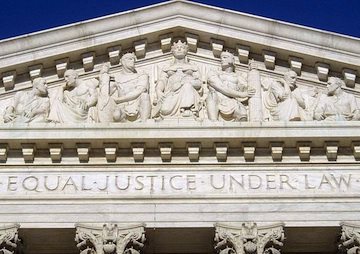

Publicly funded colleges in Michigan still won’t be able to take applicants’ racial background information into consideration in the admissions process, as the U.S. Supreme Court on Tuesday sided with a referendum that passed in the Great Lakes State in 2006 banning the practice in higher education.
Justices Sonia Sotomayor and Ruth Bader Ginsburg cast the two dissenting votes in the 6-2 ruling (Justice Elena Kagan sat this one out), while Justices Clarence Thomas, Stephen Breyer and Antonin Scalia agreed with Michigan’s ban, CNN reported that day:
Justice Sonia Sotomayor, the court’s first Latina, reacted sharply to the decision.
“For members of historically marginalized groups, which rely on the federal courts to protect their constitutional rights, the decision can hardly bolster hope for a vision of democracy that preserves for all the right to participate meaningfully and equally in self-government,” Sotomayor wrote.
But three justices in the majority, Chief Justice John Roberts, Anthony Kennedy and Samuel Alito. concluded that the lower court did not have the authority to set aside the law. “This case is not about how the debate about racial preferences should be resolved. It is about who may resolve it,” Kennedy wrote.
This is the latest in a series of affirmative action cases that top courts in the U.S., along with SCOTUS, have considered in recent years. Click here for a comprehensive timeline beginning with President John F. Kennedy’s Executive Order 10925 from 1961.
Independent journalism is under threat and overshadowed by heavily funded mainstream media.
You can help level the playing field. Become a member.
Your tax-deductible contribution keeps us digging beneath the headlines to give you thought-provoking, investigative reporting and analysis that unearths what's really happening- without compromise.
Give today to support our courageous, independent journalists.

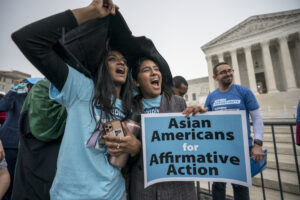
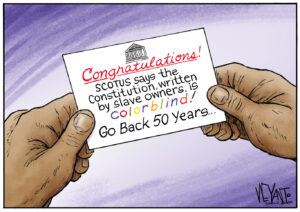
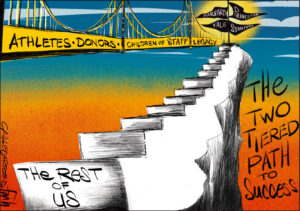

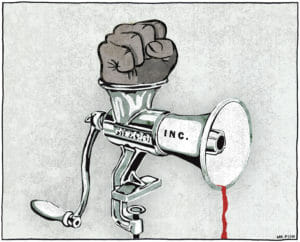
You need to be a supporter to comment.
There are currently no responses to this article.
Be the first to respond.